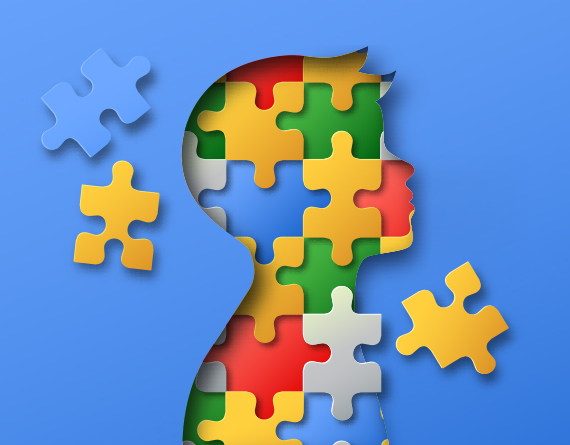What Is ABA?
Applied Behavior Analysis (ABA) therapy is an evidence-based approach that uses principles of learning and behavior to improve socially significant skills, particularly for individuals with autism spectrum disorder (ASD). ABA involves breaking down complex behaviors into smaller, teachable components and reinforcing positive behaviors to encourage learning and skill acquisition (Cooper, Heron, & Heward, 2020). Research consistently demonstrates its effectiveness in enhancing communication, social, and adaptive skills while reducing challenging behaviors (National Research Council, 2001). Long-term studies indicate that early and intensive ABA interventions lead to significant improvements in cognitive functioning, language development, and daily living skills (Lovaas, 1987).
References:
- Cooper, J. O., Heron, T. E., & Heward, W. L. (2020). Applied Behavior Analysis (3rd ed.). Pearson.
- Lovaas, O. I. (1987). Behavioral treatment and normal educational and intellectual functioning in young autistic children. Journal of Consulting and Clinical Psychology, 55(1), 3–9.
- National Research Council. (2001). Educating Children with Autism. National Academies Press.
What Is Autism?
A Spectrum as Unique as Your Child
Understanding Autism Clinically
ASD is a neurological and developmental condition that can impact social skills, communication, and behavior. Children with autism may face challenges in interacting with others or navigating daily tasks, often accompanied by repetitive behaviors or focused interests.
While the clinical definition helps us provide proper diagnoses and services, at Insight Care, we see your child beyond a diagnosis. We celebrate their individuality and are excited to support their growth and potential.
What Might Autism Look Like?
- Difficulty communicating or socializing with others
- Repetitive behaviors or intense focus on specific interests
- Challenges in adapting to changes in routines
What Is ADD/ADHD?
Attention-Deficit/Hyperactivity Disorder (ADHD) is a neurodevelopmental disorder characterized by persistent patterns of inattention, hyperactivity, and/or impulsivity that interfere with functioning or development. Historically, the term Attention-Deficit Disorder (ADD) was used to describe cases without hyperactivity, but the current diagnostic terminology, as defined by the Diagnostic and Statistical Manual of Mental Disorders, Fifth Edition (DSM-5), includes three presentations: predominantly inattentive, predominantly hyperactive-impulsive, and combined (American Psychiatric Association, 2013).
ADHD typically presents in childhood and may persist into adolescence and adulthood, affecting academic, occupational, and social functioning (Barkley, 2015). Neurobiological research links ADHD to atypical functioning in the prefrontal cortex, dopaminergic pathways, and executive functioning deficits (Arnsten, 2009). Interventions often include a combination of behavioral therapy, educational accommodations, and in some cases, medications (Pliszka, 2007).
References:
- American Psychiatric Association. (2013). Diagnostic and statistical manual of mental disorders (5th ed.).
- Barkley, R. A. (2015). Attention-deficit hyperactivity disorder: A handbook for diagnosis and treatment (4th ed.). Guilford Press.
- Arnsten, A. F. T. (2009). The emerging neurobiology of attention deficit hyperactivity disorder: The key role of the prefrontal association cortex. Journal of Pediatrics, 154(5), I-S43–S50.
- Pliszka, S. R. (2007). Pharmacologic treatment of attention-deficit/hyperactivity disorder: Efficacy, safety, and mechanisms of action. Neuropsychology Review, 17(1), 61–72
Why Choose ABA Therapy at Insight Care?
Our customized ABA therapy programs are designed for children and young adults, ages 2–18, focusing on their unique needs. Whether it’s teaching self-care, enhancing social skills, or fostering independence, our evidence-based approach ensures meaningful progress and a brighter future for your child.
- Let us help your child unlock their full potential with care that’s as unique as they are.










